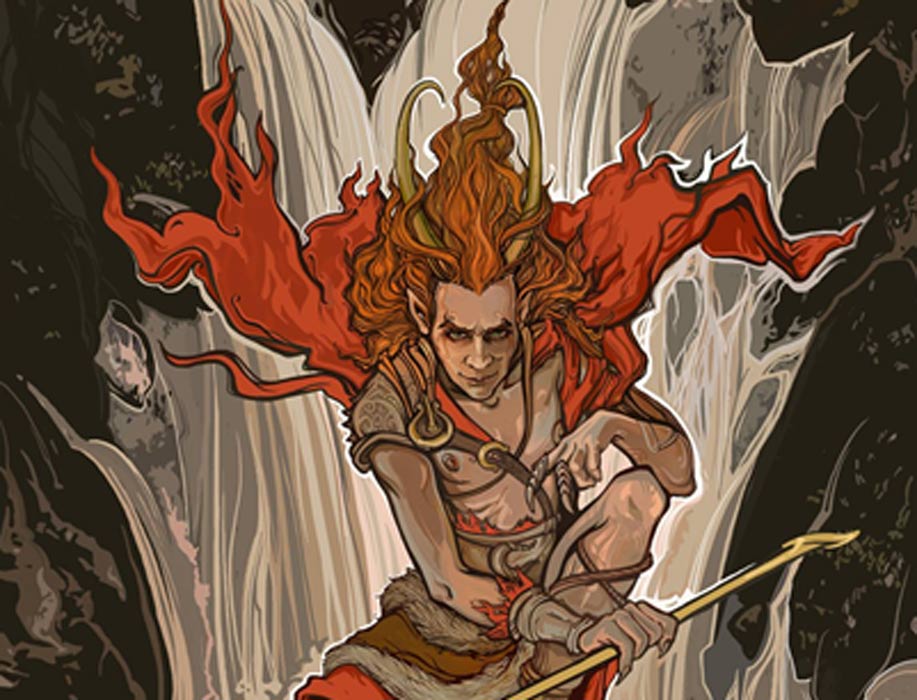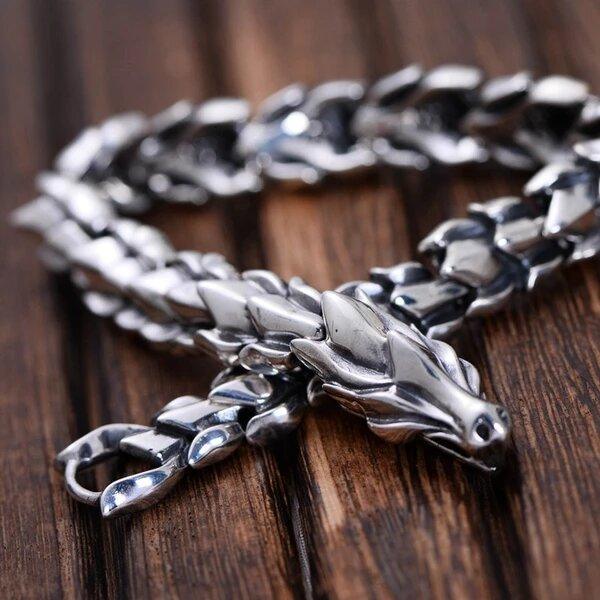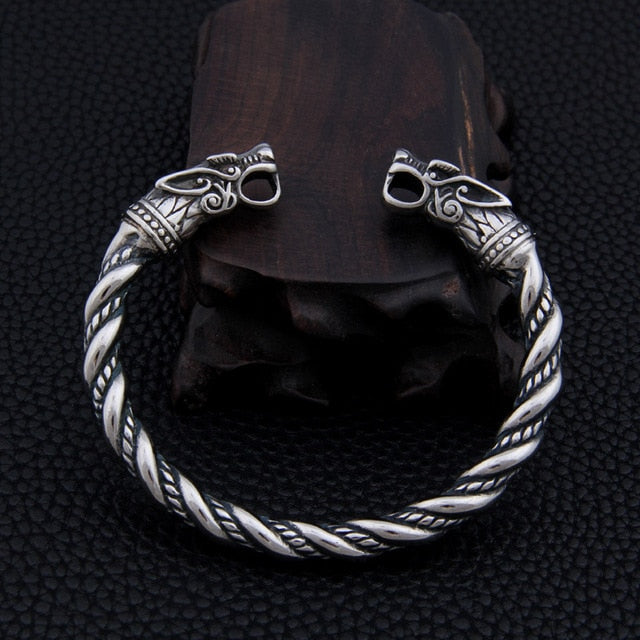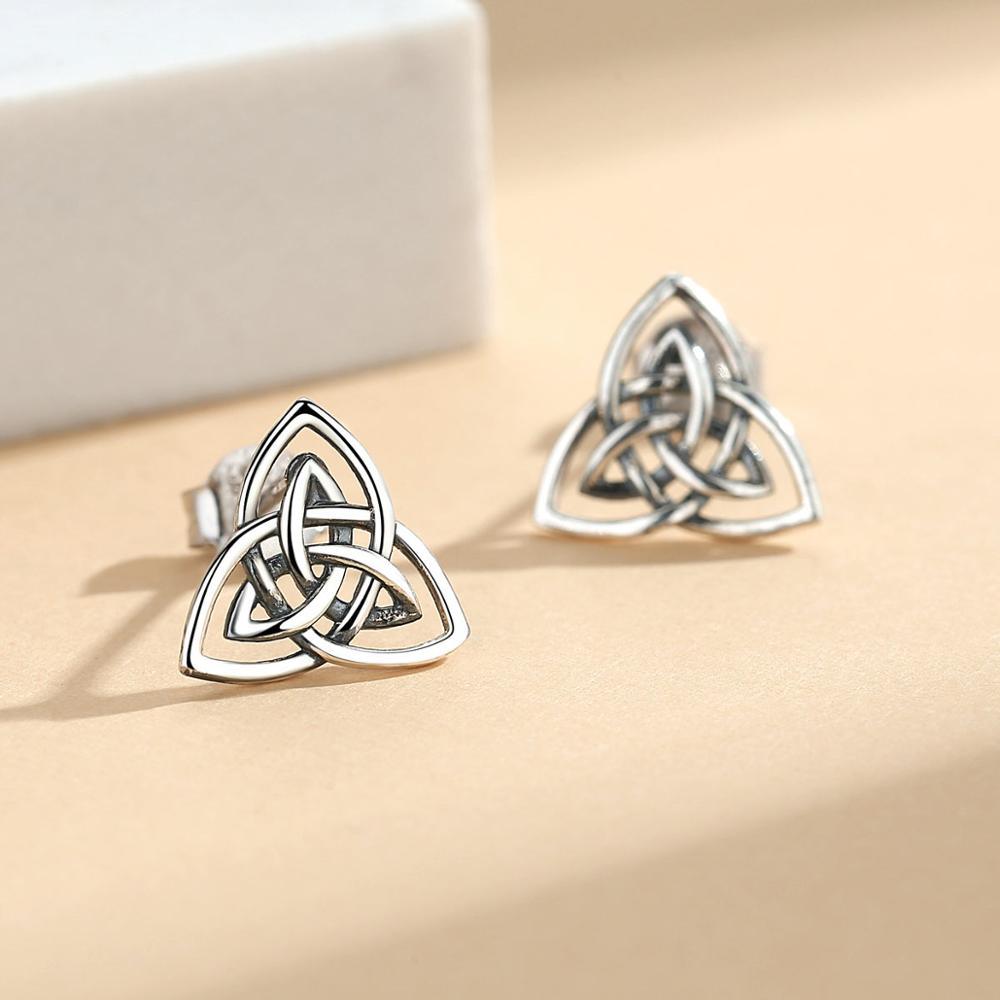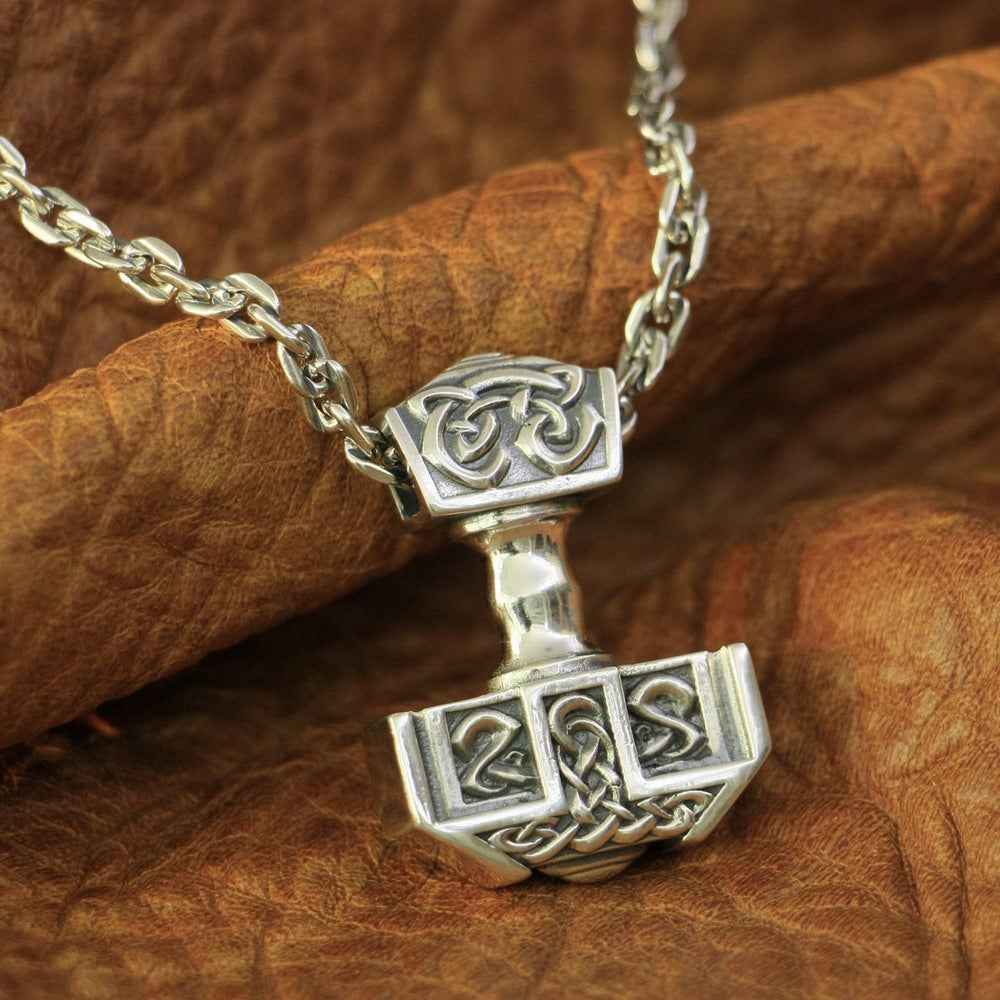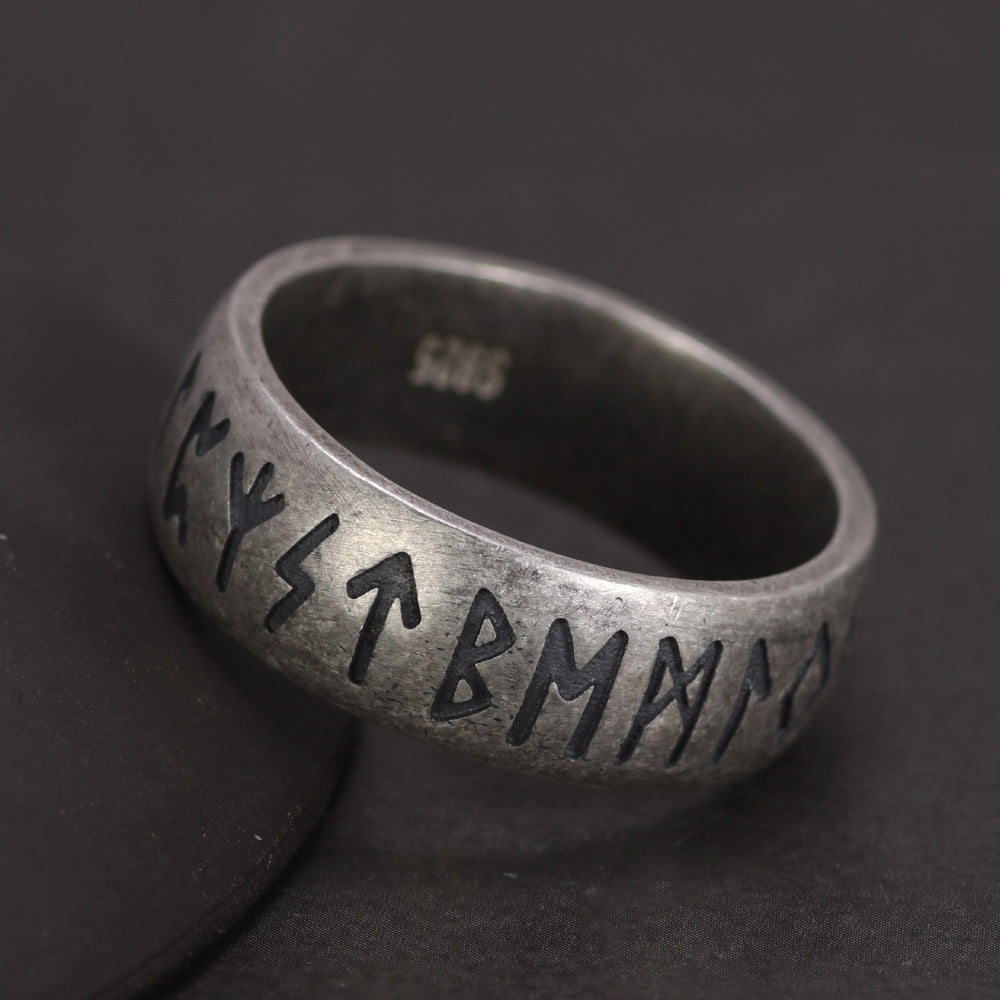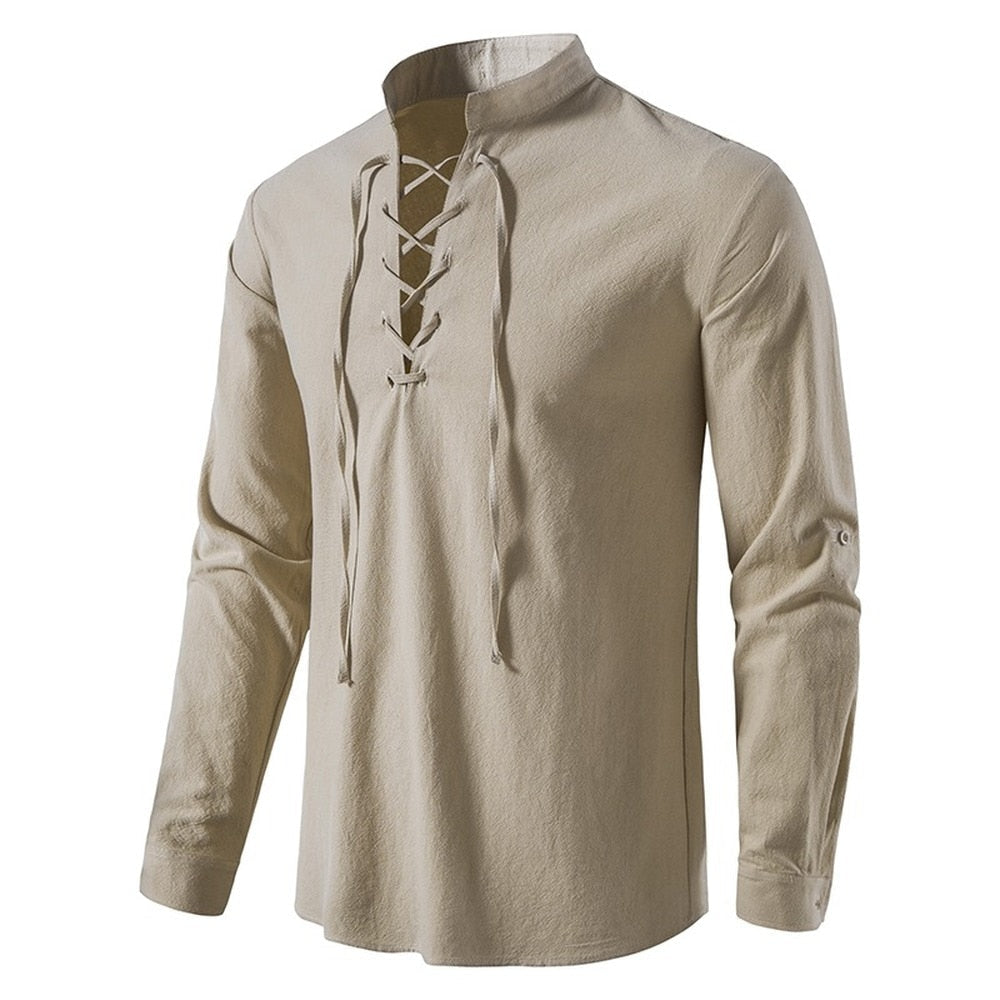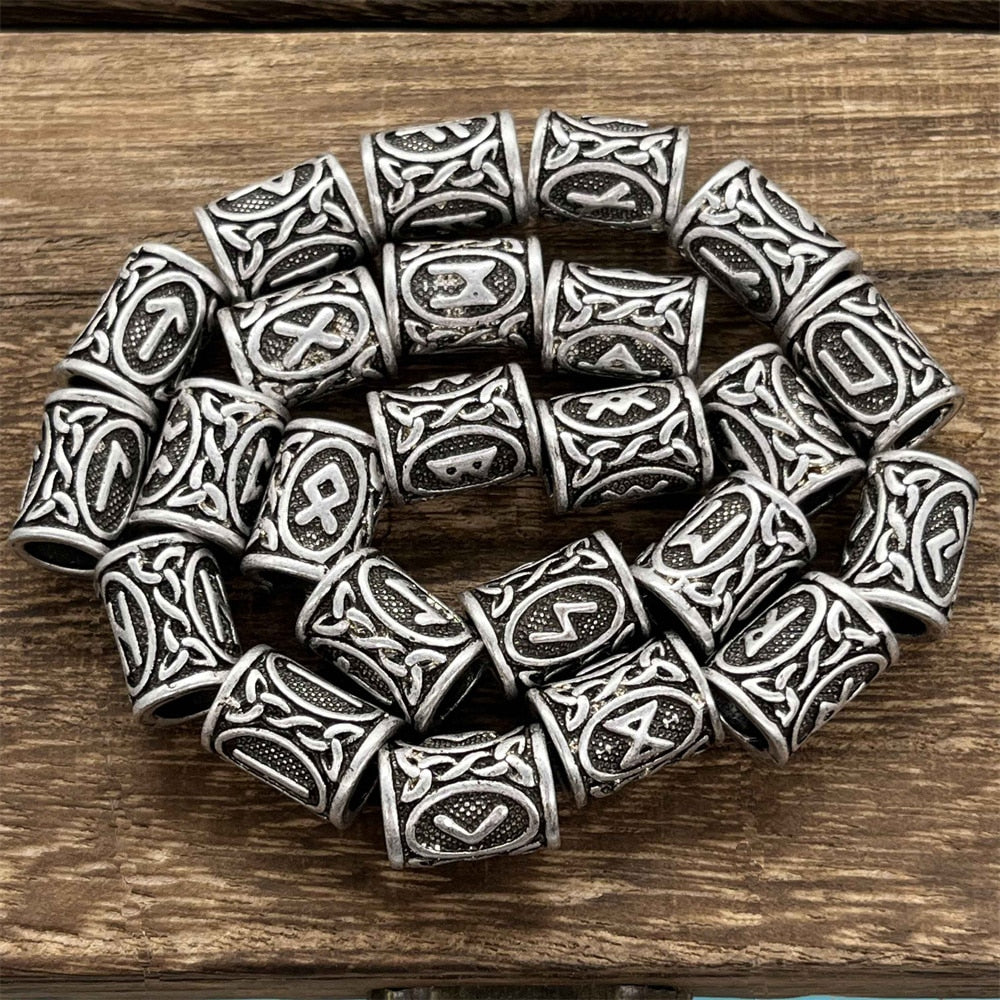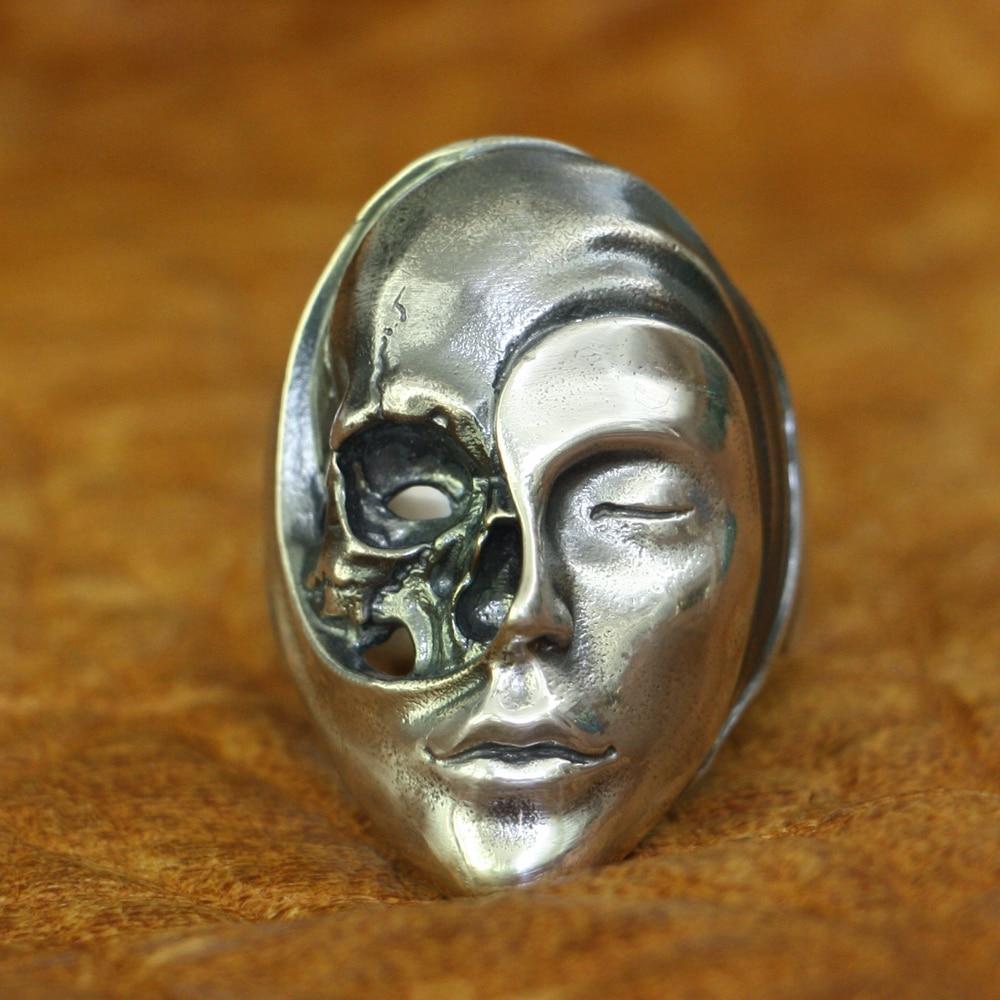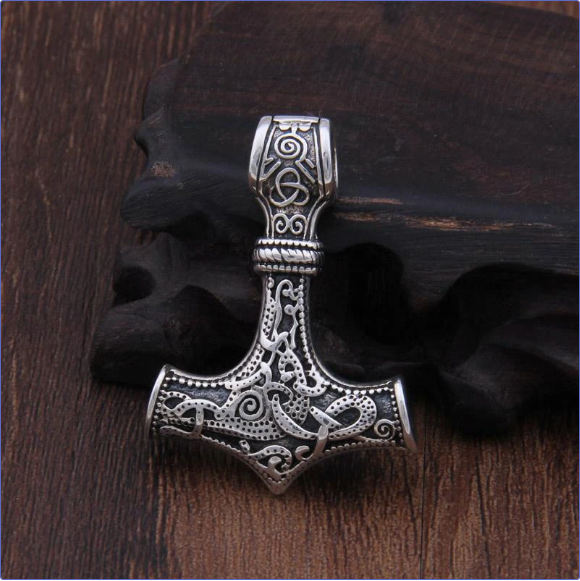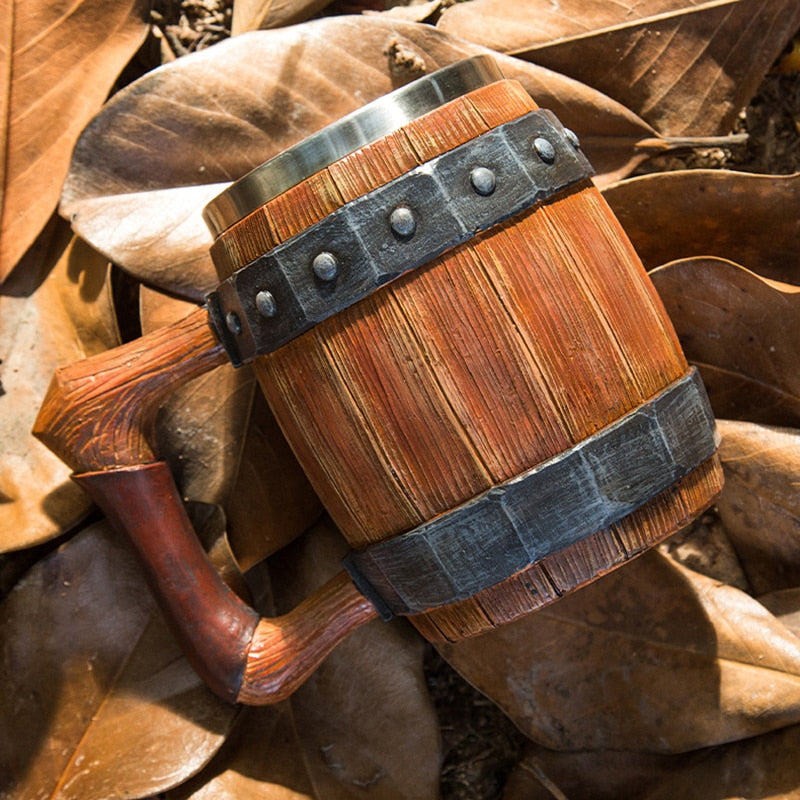This story is from a time when the God of mischief was still welcomed amongst the Gods as a valuable ally.
Loki has always been mischievous and cunning, but during the early days, his cunning was at the service of Asgard and the Gods enjoyed his company, as he was blood-brother to the Allfather himself. If there ever was a turning point to Loki’s demeanor, perhaps this story is where the seeds of betrayal were planted.
There was a time in which the eternal bliss of Asgard brought boredom to Loki, who wished to travel and explore new realms. He went to Freyja and asked her to borrow her Falcon Feather Cloak, who could transform the wearer into a falcon, allowing him or her to fly through the nine realms.
Holding Loki in good esteem, she promptly agreed, and her maidservant Fulla fetched the Feather Cloak and draped it over Loki’s shoulders. Loki immediately flew away, eager to experience the freedom of flying as a falcon.

Loki travels led him to Jotunheim, home of the giants, where he came across a circle of green fields that he had never seen before. They were enclosed by a jumble of silver and gray rocks that stretched for as far as the eye could see, with a great hall on its middle. Flying towards the hall, Loki settled on a window ledge, where he saw a giant and his two daughters feasting.
Between mouthfuls, the giant, called Geirrod, saw Loki in the form of a falcon and immediately desired to own the bird. He ordered his servants to catch it, a feat easier said than done and Loki easily evaded the servant’s hands by flying around the hall.
For a long time Loki was content in simply dodging the servant’s hands, toying with them, but he was getting bored. He decided to pull a last trick before leaving, and flew to the roof of the hall, near the chimney hole. He planned to make the giant’s servant to climb on to the steep roof where there were no handholds and risk his life, only to fly at the last moment, leaving the giant to fall. When the time to take flight arrived, to Loki’s dismay he found that the claws of both his falcon feet were ensnared in the thatch of the roof, and thus the servant captured him and to took him to his master.
The servant put the falcon into his master’s cupped hands, and Geirrod held it firmly, carefully examined his new bird. When the giant peered into the falcon's eyes he gasped in surprise for he knew that it was no falcon, but some being in disguise.
The giant squeezed the bird in his massive hands and demanded for it to reveal its true self. The pressure from the giant’s palms was immense, but Loki stood firm and said nothing.
For a second time the giant squeezed, yet Loki said nothing.
For a third time the giant squeezed, so tightly that Loki feared all his bones would break. Loki gasped and screeched, but still he said nothing.
Realizing that physical torture would not break the falcon’s will, Geirrod changed tactics. Claiming that “Hunger opens the mouth,” the giant imprisoned the falcon into a huge chest.
For three long months Loki remained locked within the chest, with no food, drink or even light, breathing the same stale air and wading on his own filth. Loki became so weak from hunger that he could not call out loudly enough to make himself heard or, if they did hear him, Geirrod and his daughters chose to ignore him.
Three months is a very long time to spend alone in the dark, hungry and thirsty, laying on your own filth and breathing the same stale air again and again. Time easily loses its meaning when there is nothing but darkness and hunger, making three months easily feel like an eternity.

At the end of three months Geirrod opened the chest and pulled out the falcon, cynically asking if the time in the chest was long enough.
Half-blinded by the light of day after his confinement, the falcon gazed around and blinked, half-dead, but still said nothing.
As Geirrod was about to thrust the falcon back to the chest, terror took hold of Loki, and he revealed himself by croaking his own name.
The giant’s eyes glinted as he saw an opportunity presenting itself. Geirrod threatened Loki, claiming that, if he wished to live, Loki should swear an unbreakable oath to bring to him Thor, without his hammer Mjolnir or his belt of strength.
Loki has always been a trickster, but until then, never a traitor. He held Thor in high esteem, a true friend, with whom he much enjoyed traveling the nine realms with. Facing the threat of the giant with a defying gaze, Loki said nothing.
Anger boiling within him, Geirrod began to squeeze Loki – still falcon-shaped – in his hands. This time he would not stop until Loki was but a smear on his palms.

As death approached, Loki realized he had no choice but to agree to the giant’s demands, and swore to bring Thor to Geirrod’s hall.
Satisfied, the giant released Loki. They both knew that an oath could not be broken without dire consequences. Loki scowled with hatred at Geirrod and his daughters Gjalp and Greip, but there was nothing he could do, so he spread his wings and flew home to Asgard and his dark task.
Join us next week for the conclusion.
Sources
Jesse Byock (2005) Snorri Sturluson, The Prose Edda. 1st. edition. London, England: Penguin Books Ltd. ISBN-13 978-0-140-44755-2
Saxo Grammaticus. The History of the Danes. ISBN-13 9780859915021
